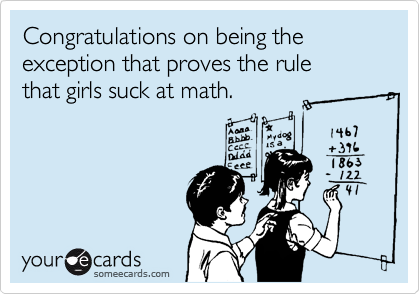Wow. This all started out because I have Ryan Madson on my fantasy baseball team. For those of you who do not know, Madson emerged from a pack of relievers to be crowned the Phillies' closer early on in the season. More recently he did a stint on the disabled list, from which he has just returned. In his absence I had added Antonio Bastardo (real name) who handled the Fightin' Phils' closing duties with aplomb whilst Madson healed. Now that both are healthy, the well wizened Charlie Manuel (wasn't he senile when he was in Cleveland?) has suggested that the NL East leaders will use the dreaded "closer by committee." This spawned the question, "Has the closer by committee ever been used successfully?"
As I dug for the answer to this question, I felt the need to refine my query. I decided, somewhat arbitrarily, to discover if teammates had ever posted 20 saves. Some might argue that this is too limited a standard, that teams like the '85 Cardinals or 1990 Reds should apply. I do not buy it. A successful closer-by-committee implies that there was consistent and equitable success. One guy with 30 saves and one with 10 is irrelevant. Two dudes with 13 means the team sucked.
Now, baseball-reference.com has a great tool to discover exactly such situations. Unfortunately, they want me to pay for the privilege of using it. F that. After much Googling, it seems that a team has had two relievers with 20 saves or more exactly once: the 1986 New York Mets.
The '86 Mets won the World Series (What up, Bill Buckner?), so this is pretty fantastic success. As Roger McDowell (22 saves) and Jesse Orosco (21) split closing duties, the Mets piled up 108 regular season wins. Now, if I contend, as I do, that relief pitchers need defined roles (i.e. only one person can be the closer), how do I account for this?
Feeling the need to avoid both a deeply statistical argument (the insignificance of a single event in a sea of seasons) and no argument at all, the phrase "the exception that proves the rule" popped into my head. A-ha. The '86 Mets would be said exception. But wait, that phrase does not make any sense. So, I looked it up. Turns out that the saying has its roots in a Latin legal precept, "exceptio probat regulam in casibus non exceptis" ("the exception confirms the rule in cases not excepted"). It is the second clause that provides the oft ignored nuance. Most take the colloquialism to mean that every rule needs an exception in order to be valid. Rather it should be interpreted that in order for there to be an exception, there must first be a rule. In other words, I cannot say that closer-by-committee does not work because of the 1986 Mets. Instead, if I state "the only time the closer-by-committee was successful was with the 1986 Mets," it can then be assumed that the close-by-committee does not work except with the Mets in 1986. You see the exception (the only time it worked was '86) proves the rule (the closer-by-committee does not work).
All that being understood, I am baffled why no less than five teams (Nationals, Cardinals, White Sox, Mets, Phillies) have been in multiple closer situations this season. It happens in every season. It fails in every season (who remembers the '04 Indians?). It never lasts. Inevitably one man commands the role. There is a reason that the arrangement is always temporary. It does not work. Except for the '86 Mets.


No comments:
Post a Comment